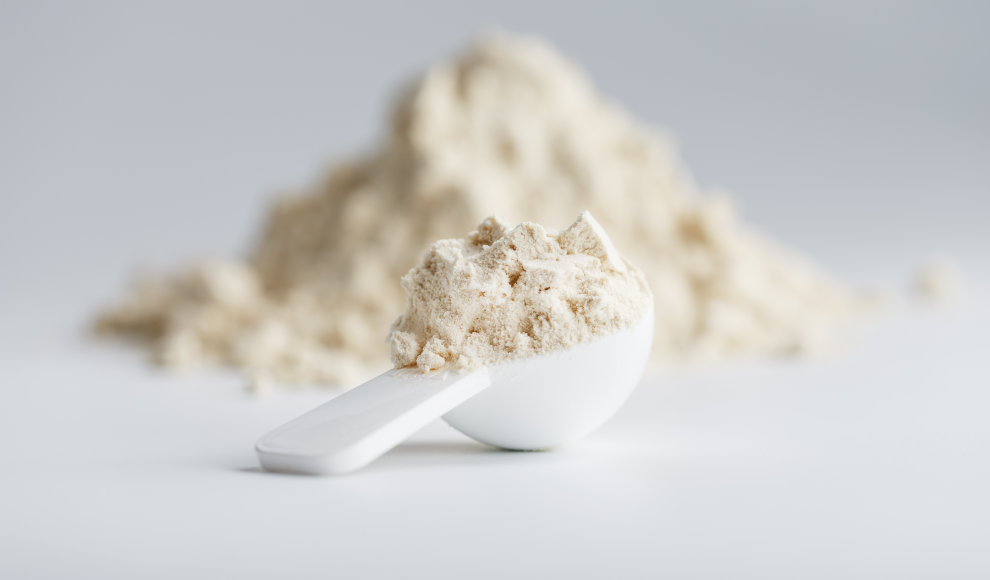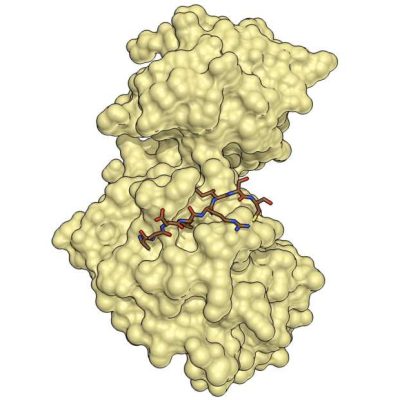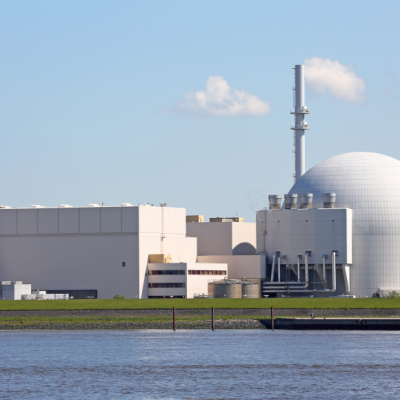In a bid to address the growing concern of food security and environmental sustainability, researchers at the Technical University of Munich (TUM) have developed a new method of generating the essential protein building block, L-alanine, through a special form of artificial photosynthesis. This protein can be used as animal feed and in meat alternative products. The traditional method of producing this protein has been through large-scale agriculture, which has had significant negative impacts on biodiversity. The new method, however, requires less land and can be powered by renewable energy sources such as solar and wind power.
According to a recent study by the international initiative Earth4All, rapid economic development in low-income countries is the only way to stop the world population from growing at an alarming rate. The United Nations predicts that by 2080, the world population will reach 10.4 billion if the global economic situation remains unchanged. This makes it increasingly difficult to strike a balance between food security and environmental protection. As such, scientists are looking for new sources of food, with a focus on the ecologically problematic meat production.
The TUM researchers’ innovative method of generating L-alanine through artificial photosynthesis could be a game-changer for the animal feed industry, which has a massive demand for such proteins. Additionally, the protein can also be used in meat alternative products. This breakthrough development could significantly reduce the environmental impact of agriculture and contribute to a more sustainable future.










